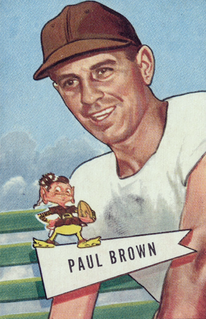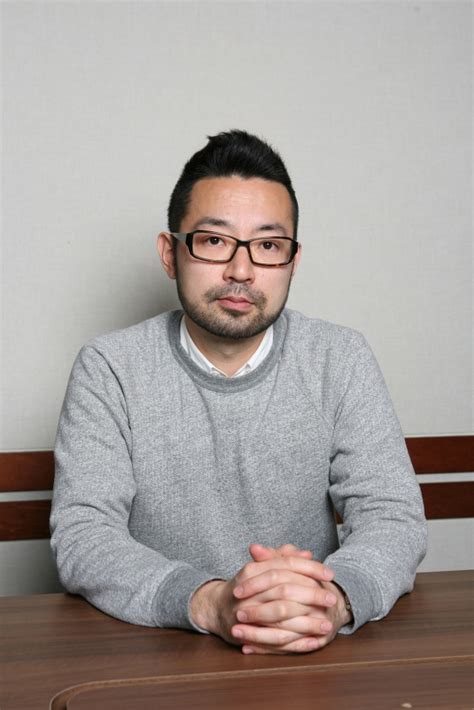A Quote by Paul Brown
I like Modernism. I grew up around these sort of eclectic, heavily carved, baroque, rococo, highly ornamented styles that were in my life from the time that I was a child until now in my business life. So I like clean, straight, minimalist lines.
Related Quotes
I think that people all grow up and have their same personalities, but you can say, "Oh, I can see the roots of this personality, which I didn't like, but then you grew up, and I can still see you as that person, but I do really like you now." Which is sort of how I feel about children - I mean, about children who I knew when I was a child and grew up with, and they're still my friends, and children that I know as children who I see growing up, and every year I like them more.
My family was in two businesses - they were in the textile business, and they were in the candy business. The conversations around the dinner table were all about the factory floor and how many machines were running and what was happening in the business. I grew up very engaged in manufacturing and as part of a family business.
In effect, I grew up in a sort of timewarp, a place where times are scrambled up. There are elements of my childhood that look to me now, in memory more like the 1940s or the 1950s than the 1960s. Jack [Womack] says that that made us science fiction writers, because we grew up experiencing a kind of time travel.
Maybe time is nothing at all like a straight line. Perhaps it's shaped like a twisted doughnut. But for tens of thousands of years, people have probably been seeing time as a straight line that continues on forever. And that's the concept they based their actions on. And until now they haven't found anything inconvenient or contradictory about it. So as an experiential model, it's probably correct.






































